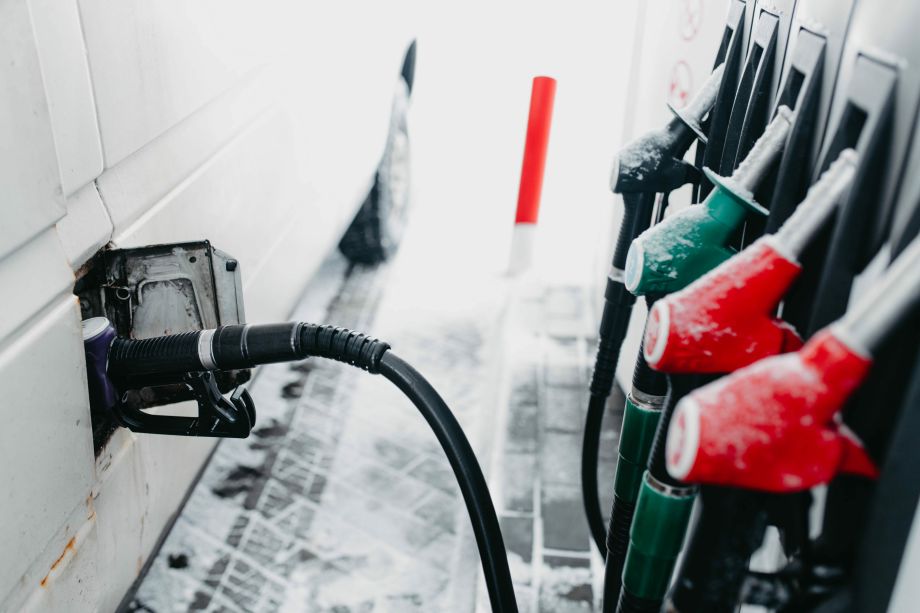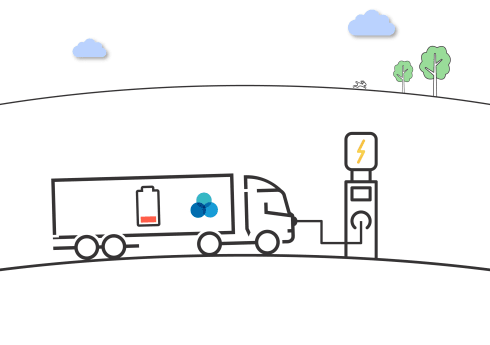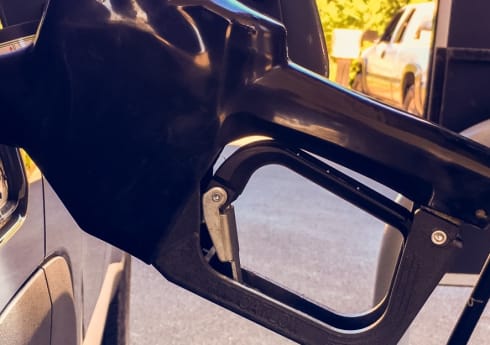Can you use winter diesel in the summer?
Summer grade diesel is best used in the summer months because of its thicker viscosity. In the winter, diesel is blended in a different way, so you get the best performance possible in the colder weather.
But is it possible to use winter diesel in the summer? Is it worth it? Here’s everything you need to know about using winter and summer diesel.

What is winter diesel?
Regular diesel doesn’t do well in the cold, because the paraffins in the fuel crystalise at low temperatures. It will start to get waxy or gel-like. The crystals will build up in your engine, until you eventually can’t keep driving.
Winter diesel is specially blended to handle those lower temperatures. In the UK and the Republic of Ireland, winter diesel is also known as a biodiesel. Various countries have their own blends to handle their weather conditions.
Winter diesel has a slightly higher combustion level, so it’s easier to start your engine in freezing temperatures.
When does summer blend diesel start?
Summer diesel is sold in the UK from the 16th of March to the 15th of November.
Summer diesel has limited resistance to the cold and will gel or freeze up more easily than a winter blend in freezing temperatures. Once it starts to get cold out, it’s best to switch to winter diesel. Summer diesel can be used in temperatures of down to −5 °C. The fuel will start to gel at temperatures lower than −5 °C.
When you can use winter diesel?
- The Winter season: in the UK, you can buy winter diesel from 16 November to 15 March.
- In colder weather: Winter diesel is built to handle temperatures of down to −15 °C.
We’ve all been in that situation of having leftover winter fuel in the tank once the summer weather hits. Using winter diesel in the summer is possible in the UK, though it may not be as effective.
What happens when you use summer diesel in the winter?
If the wrong type of fuel is used, your engine will let you know. All diesel types have paraffins. These are flammable chemicals to help get your engine going. In the cold weather conditions, these paraffins will turn into crystals. These crystals can then build up and block your pipes. Eventually, your engine will fail, and you won’t be able to keep going.
If you’ve been using summer diesel in your engine at temperatures below −5°C, it’s best to check your tank. There are clear signs to warn you of engine failure. Here’s what to keep an eye out for:
- Your engine oil is fluid-like on the dipstick. The summer diesel may have become waxy. Do not attempt to start your engine in this case.
- Your fuel filter is blocked. You’ll see white or yellow clumps in the diesel.
- You’re having trouble starting your engine.
- Your fuel pressure is high.
What does it mean when diesel starts to wax?
Winter diesel will begin to wax at temperatures below −15 °C and summer fuel will do the same after −5 °C. This is often called “gelling.” The diesel will turn into a paste similar to wax. As more of your fuel gels up, it will be harder and harder for your engine to keep running. Eventually, so much will have become waxy that your engine won’t be able to filter the fuel or get any energy from it.
How to stop diesel from gelling
If you have to use winter fuel in very low temperatures or summer fuel in cold weather, there are steps you can take to make things easier on your engine.
1. Use an anti-gel product
Anti-gel additives can be put into your fuel to help prevent gelling and keep your engine running. These can help summer diesel on colder days from gelling up and clogging your engine. These additives are popular in very cold countries to give extra help to winter fuel blends too. Some of these anti-gel additives are also blended with cleaning agents to wash out your engine and get things running smoothly.
2. Keep your tank at full
The more fuel you have in your tank, the fewer things get into your engine. This helps to prevent water from getting in and causing condensation. With the rising fuel prices, keeping your tank fuel isn’t always easy. Read our guide on how to cut fuel consumption for our top tips.
3. Keep your vehicle indoors
A heated garage is the ideal solution in freezing temperatures, but any indoor shelter will be a big help. Whether it’s a garage or sheltered car park, any roof over your vehicle’s head is better than none to keep it out of the snow and frost. Starting your vehicle after it’s been indoors will be a lot easier than a car that’s been out in the cold.
What can I do if the winter fuel has gelled?
Sometimes, despite our best efforts, diesel will gel up. Your car is not beyond saving if your engine won’t start because of gelled up diesel. Here’s what you need to do:
- Run your engine if possible. If your engine is only blocked, you can start to melt down the clogged fuel by heating up your engine.
- Get your vehicle indoors. The faster your vehicle warms up, the better.
- Check your fuel. We recommend wearing gloves because things could get messy. If you see clumps that look like chocolate or mousse in the diesel, you’re dealing with bacterial growth. In this case, you’ll need to go to a mechanic to get the problem sorted.
- Check your fuel filter. If the filter is clogged by the waxy diesel, drain out your water filters. We recommend replacing your fuel filter shortly after to keep your engine in the best shape possible.
- De-gel. In situations where you’re only slightly clogged or need to use your vehicle right away, a de-gel agent can get you moving. They don’t always work but are good to keep on hand just in case.
Where to buy winter diesel
Winter diesel is available to buy at the pump in the UK from the 15th of March to the 15th of November every year in the UK. Some brands also offer bulk purchases of winter fuel for business use.
In some countries, petrol stations offer a separate pump for summer and winter fuel so you can choose which one you want in the tank. If you’re stocking up on fuel, we recommend filling up on winter diesel instead as it can work in more conditions than summer diesel.
Can you buy winter diesel with a fuel card?
Yes. You can buy any type of diesel or petrol using your fuel card at its network stations. How does it work? You use your card at the till then you’re invoiced monthly for the fuel you’ve bought. Some cards can also be used to buy other things, like AdBlue or pay for toll roads for extra convenience.



